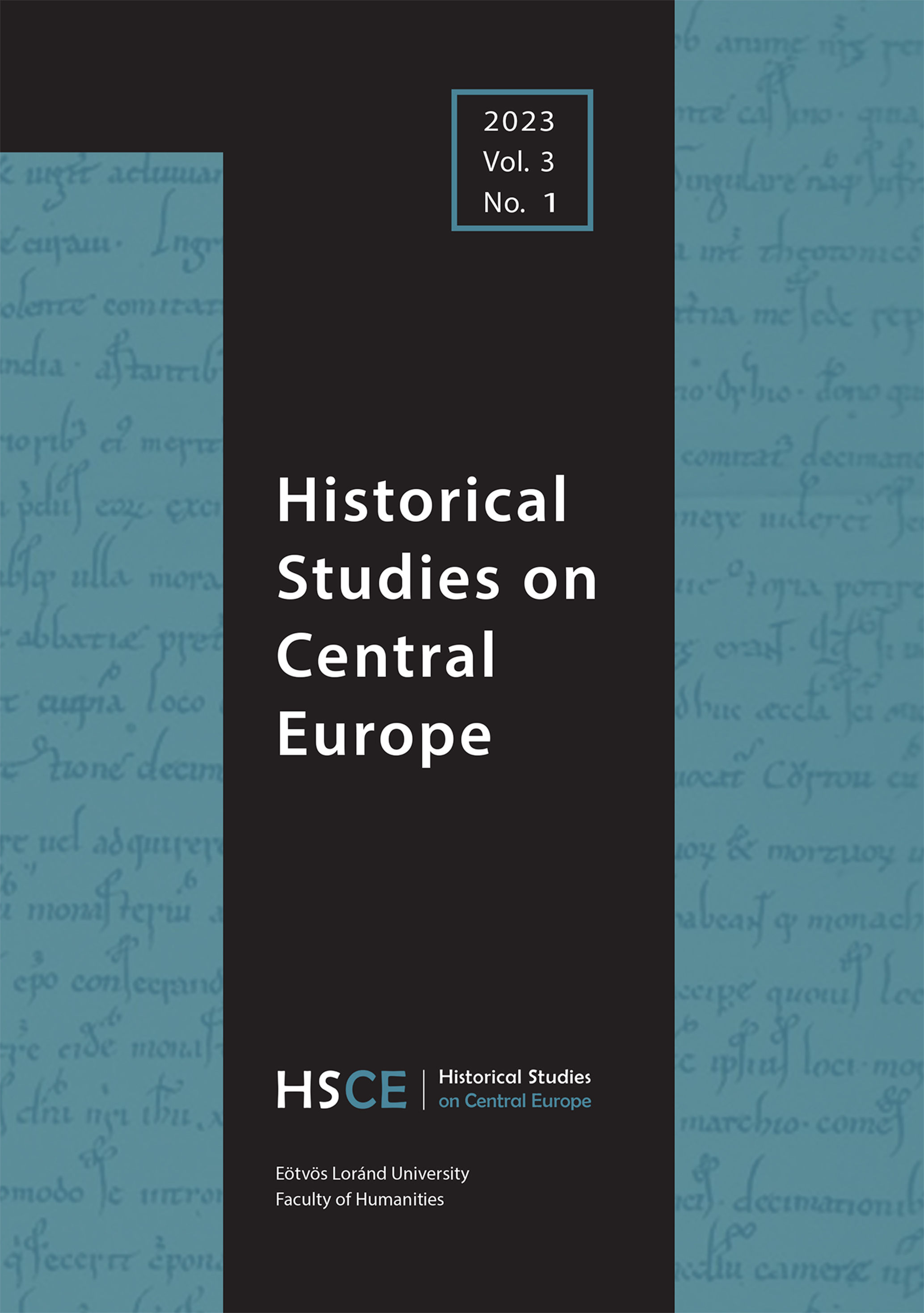Towards a New—and Broader—History of Hungary’s Troubled Peacemaking: A Research Report on the Trianon 100 Research Group
Published 31-07-2023
Keywords
- Trianon, Momentum grant, World War I aftermath, population movements, border change, history, and public remembrance
How to Cite
Copyright (c) 2023 Balázs Ablonczy, Gergely Romsics

This work is licensed under a Creative Commons Attribution-NonCommercial 4.0 International License.
Abstract
This research report presents the endeavors and findings of the Trianon 100 Research Group, which was founded with the support of the Lendület [Momentum] program of the Hungarian Academy of Sciences. Based on a survey of over a dozen volumes published by the group and another ten collaborative volumes, as well as numerous essays and articles, the report argues for the possibility of using newer instruments in the historian’s toolbox to tackle controversial issues in modern history from new perspectives. The Trianon 100 Research Group focused in particular on the history of mentalities, the interactions among bodies and individuals at different levels of societal organization (local/regional/national/imperial), and an array of under-researched areas, such as the history of population movements after 1918. The essential aim was to suggest that it might be possible to (re-)write the history of post-World War I peacemaking from a less Westphalian perspective, informed in particular by historical political sociology and social history.


